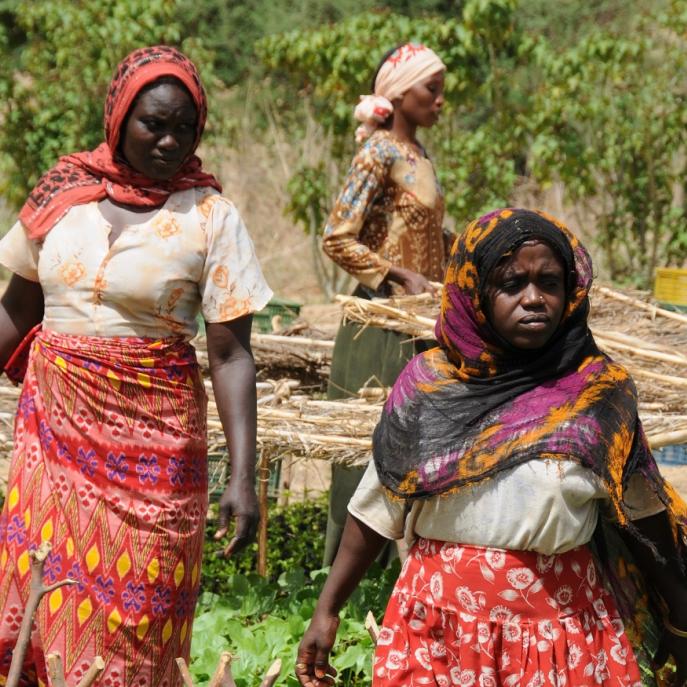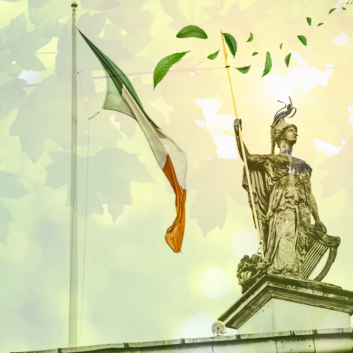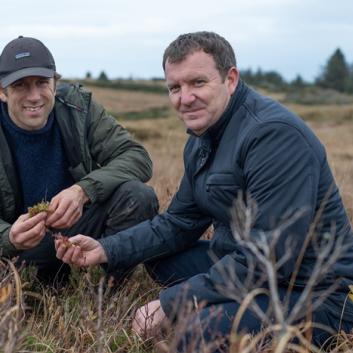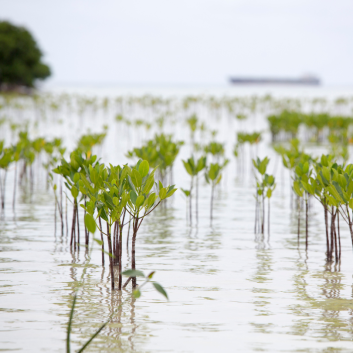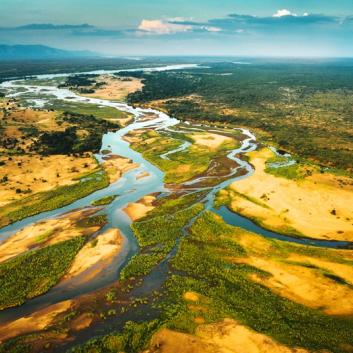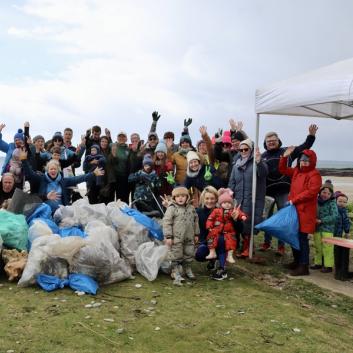How can carbon offsetting fix climate and communities at one go?
Carbon offsetting enables individuals and organisations to reduce their carbon footprint by purchasing verified carbon credits, which essentially means investing in offsetting projects that independent third parties manage and monitor.
Renewable energy, bio-diversity protection, community projects, clean water, and improved cookstoves are examples of offsetting projects offered by various organisations that reduce emissions and transform communities worldwide.
“It’s a global issue,” explains Ciara Feehely, Head of Communications and Fundraising at Vita, an Irish NGO that is in the business of creating sustainable, climate smart livelihoods with rural communities in East Africa.
“It doesn’t matter where you take that tonne of carbon out of the atmosphere. Every time you buy a carbon offset, you have a global impact.”
Empowering the people of East Africa through community-led development based on equality and sustainability, and tackling climate change by transitioning to renewable energy and leveraging existing resources, has been the driving force behind Vita’s work.
“The woman is at the centre of all our programs and always has been,” explains Feehely.
“Relieving her burden is important. A woman can spend 16-30 hours a week gathering sticks for a fire, to cook food and sanitise water.”

Working in Ethiopia and Eritrea for the last twenty years, Vita knew how critical fuel-efficient stoves and access to clean water are to the quality of life while positively impacting the climate and the environment.
Monetising carbon savings
With that in mind, they launched the Vita Green Impact Fund in 2015 to monetise carbon emissions savings to benefit the local community and the environment.
The focus of this social impact investment vehicle was on balancing economic development and climate justice.
Vita’s investors were looking for environmental and social impact, along with the security of verifiable carbon emissions savings, independently accredited by The Gold Standard.
They raised €2 million for the Fund and used the investment to finance water programs and supply homes in East Africa with fuel-efficient stoves.
“We reached 311,000 people with clean water or clean cooking,” explained Feehely.
“With the €2 million that we spent, we actually generated 2 million carbon offsets.
It’s a very cost-effective model because there is no commercial leakage since we retain the ownership right up until the point of sale.”
Vita was able to repay their investors with a modest return and invested the profit back into the community that had generated the carbon offsets in the first place.
Following on from the success of their pilot scheme, they are currently raising €27.5 million to reach at least 4 million people with life enhancing and climate mitigating initiatives.
Empowering women
One of Vita’s most critical carbon offsetting and community programs is the repair of broken water pumps.
Water pumps installed in the ’80s and ’90s had fallen into disrepair, and with no access to materials or parts, villagers were unable to fix them.

Local access to clean water reduces the need for women and children to walks miles to find water, and most crucially, eliminates the need to resort to sharing water sources with animals.
Without access to clean water, the dirty water must be boiled to sterilise it.
This typically means a lot of firewood is required as fuel for the stove, which leads to mass deforestation.
The need to cut down trees for fuel can be reduced by making clean water available, thus putting less strain on the local environment.
Saving trees has an immediate impact on the atmosphere, a fully grown tree absorbs anywhere between 10 and 50kg of CO2 on average per year.
Another of Vita’s flagship offsetting programs was the introduction of fuel-efficient stoves.
Open stoves in cooking are an inefficient and dangerous activity that emits tonnes of carbon into the atmosphere every year.
Those who operate open stoves often suffer health implications relating to the eyes, heart and lungs.
Using modernised versions results in a reduction of approximately 50% of carbon emissions compared to the traditional stone stoves.
Looking into the future
To makes sure that these are not stand-alone actions they also run sustainable forestry programmes in tandem with their development projects.
For example, each recipient of a fuel-efficient stove will get some saplings.
These are grown on a plantation in the village, and local women are taught how to manage the trees sustainably to ensure reduced carbon emissions and better energy security for all of the community.
Feehely believes that greenwashing is no longer an option because of increased regulation and transparency.
“It’s going to be expensive to be an emitter in the future, even for big organisations.
Creating carbon and damaging the planet is going to cost your business money, and it’s going to detract from your brand.”
Headline image: Vita Ireland






